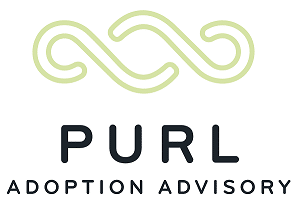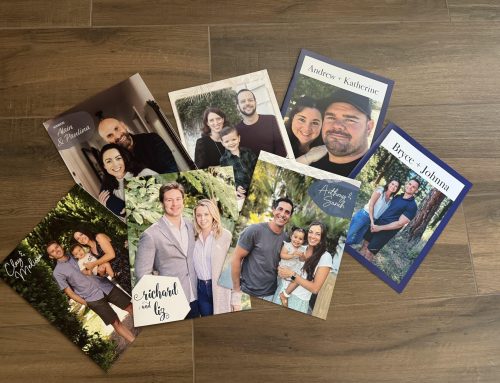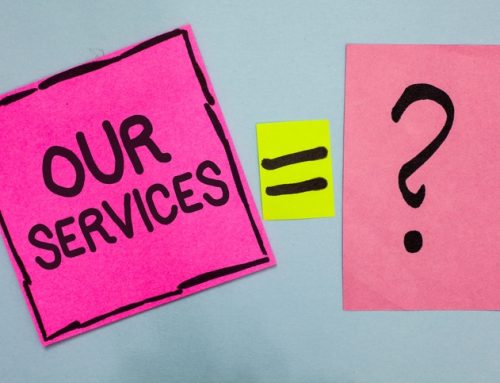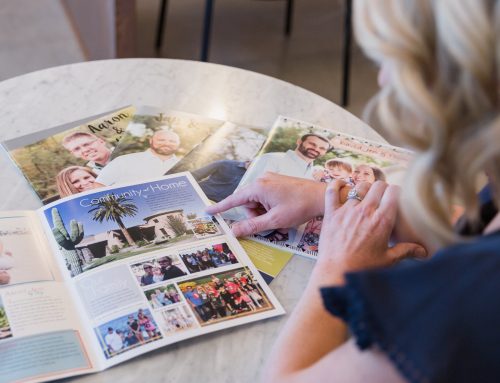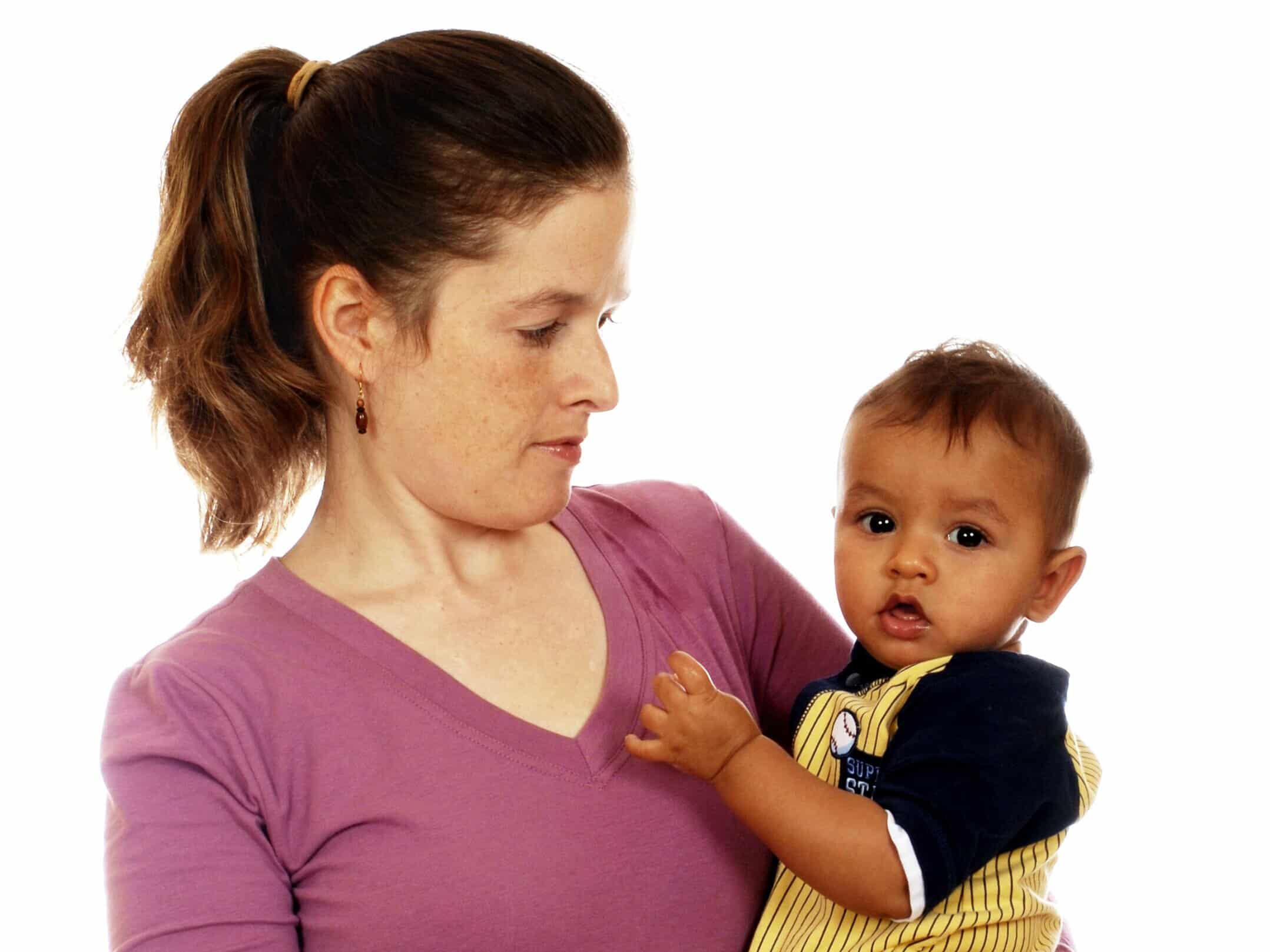
I’ve been thinking about this a lot lately and I felt I just needed to be blunt. I often get calls from families that are hoping to adopt due to infertility or other obstacles creating their family naturally, but without a lot of understanding and knowledge about adoption, and the impact of it on all members of the adoption triad. And that’s okay, that’s part of what I do as an adoption advisor, to help families understand more about adoption and whether it is a good fit for them. But what has been clear, and needs to be said, is that ADOPTION IS NOT FOR EVERYONE! Make sure you do your homework before you begin, and definitely before you bring your child home. It is okay if you research adoption and decide it isn’t for you. In my opinion, there isn’t enough education and preparation that happens in the typical home study process, and you need to do the work as prospective adoptive parents to make sure this is the route you want to take to grow your family.
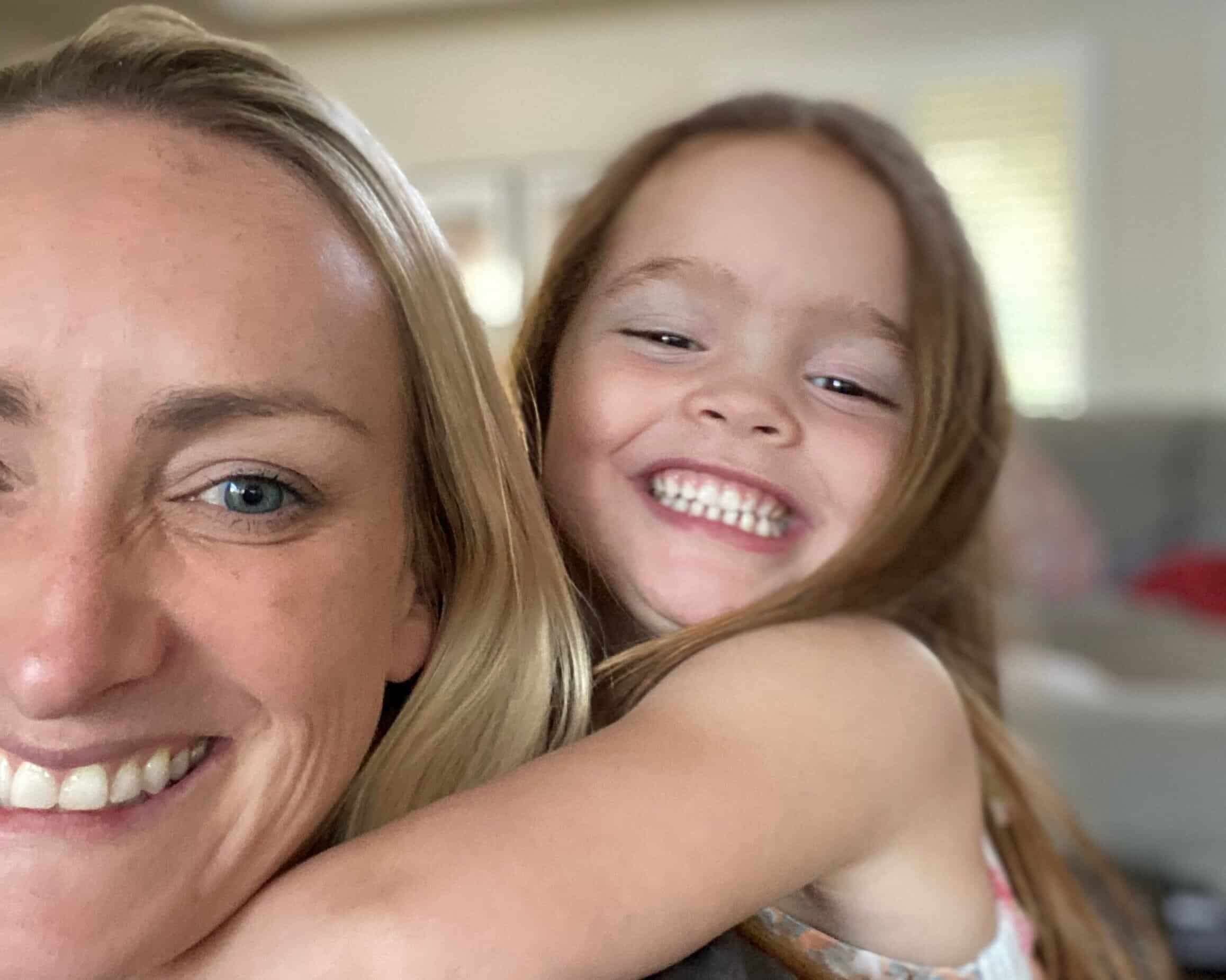
Adoption should not be used just to select the child’s gender you want, or the type of race/ethnicity you desire. Yes, you get to choose things that you wouldn’t get to choose if you were creating a child naturally (see my post on the awkwardness of saying yes or no to a child). But there may also be other things you might have to consider in an adoption journey that you might not have dealt with had you conceived this child yourself, things like drug or alcohol exposure in utero, mental illness in the birth family, or even a conception resulting from an assault. The adoption process itself is excruciatingly hard, but so is the parenting afterwards. Parenting biological children is hard – just ask me, I find parenting my bio child to be even harder sometimes than parenting my child through adoption (she clearly is as stubborn as her mama)! But in some adoption cases, you will be raising a child who has extra obstacles due to things innate in their biology or background. If you think you can order up the “perfect child” you want through adoption, please, please, please, do more research. Just like with a biological child, you cannot control exactly how your child turns out, getting the opportunity to choose some aspects of your child doesn’t change that.
Before you begin an adoption journey, please learn from the diverse and amazing voices in the adoption community. Make sure you understand transracial adoption and open adoption, and the work you might need to do in order to make your child whole. I recommend learning from adoption professionals and adoption community resources like Kindred + Co, AdoptWell, and Wreckage & Wonder, among so many others. Read through blogs, watch videos, listen to podcasts, read books, schedule consultations with adoption professionals, talk with and learn from families you know who have adopted, adult adoptees in both open and closed adoptions, and birth mothers who have placed their child for adoption. Spend the time and energy to make sure this is the route you want to take before you begin, and make sure you are willing to put in the extra love, patience and time that will be necessary. Adoption can be beautiful, but it can also be very hard. If you just want a family and you are unable to have a child naturally or with added fertility treatments, make sure you understand the reality of adoption and the other options available. Consider researching embryo adoption and surrogacy to determine if those are better routes to grow your family, which can reduce some of the trauma and the drug/acohol exposure that can be difficult in a traditional adoption setting. I’m not trying to scare you or tell you not to adopt, I just want you to know that adoption isn’t a default way to become a parent. It can’t just be your Plan B, I don’t believe that’s enough. You have to have the willingness to love the child’s birth family along with their child. I believe it helps to have a “calling” or “pull” to adoption to withstand the extra hard that undoubtedly exists for you, your child and your child’s birth family. It is okay to do a self-analysis and decide that the innate pull to grow your family in this manner is not there for you. I felt that pull for a long time, and it only grew when I learned I had some infertility issues. But I didn’t really understand the loss, the sadness and the brokenness in adoption before I began. Even knowing what I know now, I would not do ANYTHING different because it led me to my child, but I do want to make sure you educate and prepare yourself, open your mind to things you might not have considered, understand your options, your own capabilities and your own heart before you begin.
We recommend you read through our series last November 2019 during National Adoption Awareness Month where we went chronologically through the adoption process, so that you can understand the different steps in the adoption journey and the many resources available to help you prepare. Here’s a small glimpse into some of what we have covered on our blog:

I’ve been thinking about this a lot lately and I felt I just needed to be blunt. I often get calls from families that are hoping to adopt due to infertility or other obstacles creating their family naturally, but without a lot of understanding and knowledge about adoption, and the impact of it on all members of the adoption triad. And that’s okay, that’s part of what I do as an adoption advisor, to help families understand more about adoption and whether it is a good fit for them. But what has been clear, and needs to be said, is that ADOPTION IS NOT FOR EVERYONE! Make sure you do your homework before you begin, and definitely before you bring your child home. It is okay if you research adoption and decide it isn’t for you. In my opinion, there isn’t enough education and preparation that happens in the typical home study process, and you need to do the work as prospective adoptive parents to make sure this is the route you want to take to grow your family.

Adoption should not be used just to select the child’s gender you want, or the type of race/ethnicity you desire. Yes, you get to choose things that you wouldn’t get to choose if you were creating a child naturally (see my post on the awkwardness of saying yes or no to a child). But there may also be other things you might have to consider in an adoption journey that you might not have dealt with had you conceived this child yourself, things like drug or alcohol exposure in utero, mental illness in the birth family, or even a conception resulting from an assault. The adoption process itself is excruciatingly hard, but so is the parenting afterwards. Parenting biological children is hard – just ask me, I find parenting my bio child to be even harder sometimes than parenting my child through adoption (she clearly is as stubborn as her mama)! But in some adoption cases, you will be raising a child who has extra obstacles due to things innate in their biology or background. If you think you can order up the “perfect child” you want through adoption, please, please, please, do more research. Just like with a biological child, you cannot control exactly how your child turns out, getting the opportunity to choose some aspects of your child doesn’t change that.
Before you begin an adoption journey, please learn from the diverse and amazing voices in the adoption community. Make sure you understand transracial adoption and open adoption, and the work you might need to do in order to make your child whole. I recommend learning from adoption professionals and adoption community resources like Kindred + Co, AdoptWell, and Wreckage & Wonder, among so many others. Read through blogs, watch videos, listen to podcasts, read books, schedule consultations with adoption professionals, talk with and learn from families you know who have adopted, adult adoptees in both open and closed adoptions, and birth mothers who have placed their child for adoption. Spend the time and energy to make sure this is the route you want to take before you begin, and make sure you are willing to put in the extra love, patience and time that will be necessary. Adoption can be beautiful, but it can also be very hard. If you just want a family and you are unable to have a child naturally or with added fertility treatments, make sure you understand the reality of adoption and the other options available. Consider researching embryo adoption and surrogacy to determine if those are better routes to grow your family, which can reduce some of the trauma and the drug/acohol exposure that can be difficult in a traditional adoption setting. I’m not trying to scare you or tell you not to adopt, I just want you to know that adoption isn’t a default way to become a parent. It can’t just be your Plan B, I don’t believe that’s enough. You have to have the willingness to love the child’s birth family along with their child. I believe it helps to have a “calling” or “pull” to adoption to withstand the extra hard that undoubtedly exists for you, your child and your child’s birth family. It is okay to do a self-analysis and decide that the innate pull to grow your family in this manner is not there for you. I felt that pull for a long time, and it only grew when I learned I had some infertility issues. But I didn’t really understand the loss, the sadness and the brokenness in adoption before I began. Even knowing what I know now, I would not do ANYTHING different because it led me to my child, but I do want to make sure you educate and prepare yourself, open your mind to things you might not have considered, understand your options, your own capabilities and your own heart before you begin.
We recommend you read through our series last November 2019 during National Adoption Awareness Month where we went chronologically through the adoption process, so that you can understand the different steps in the adoption journey and the many resources available to help you prepare. Here’s a small glimpse into some of what we have covered on our blog:
